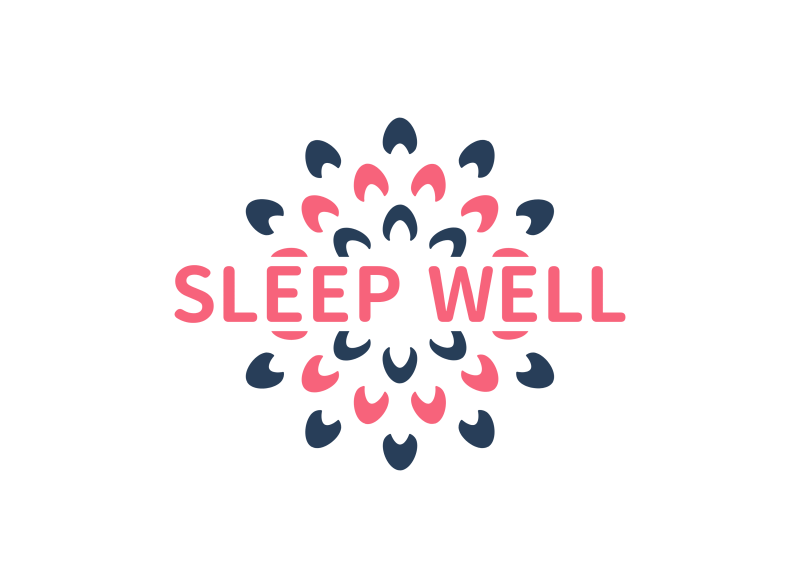How Caffeine Can Disrupt Your Sleep Cycle and What You Can Do About It
Do you love your morning cup of coffee? While caffeine can give you a much-needed energy boost, it can also disrupt your sleep cycle. Here’s what you need to know about how caffeine affects your sleep and what you can do to minimize its impact.
Caffeine is a stimulant that can interfere with your body’s natural sleep-wake cycle. It blocks the production of adenosine, a hormone that helps you feel sleepy. As a result, caffeine can make it harder for you to fall asleep and stay asleep.
The effects of caffeine can last for several hours. That means if you have a cup of coffee in the afternoon, it can still be affecting your sleep at night. To minimize the impact of caffeine on your sleep, try to avoid drinking coffee, tea, or other caffeinated beverages after 2 pm.
If you’re having trouble sleeping, you may want to consider cutting back on your caffeine intake. Try to limit yourself to one cup of coffee or tea per day. If you’re still having trouble sleeping, you may want to switch to decaf or herbal tea.
Finally, make sure you’re getting enough sleep. Aim for seven to nine hours of sleep each night. Establish a regular sleep schedule and stick to it. Avoid screens and other sources of blue light before bed, and create a relaxing bedtime routine.
Caffeine can disrupt your sleep cycle, but with a few simple changes, you can minimize its impact. Try cutting back on your caffeine intake and establishing a regular sleep schedule. With these tips, you can get the energy boost you need without sacrificing your sleep.
The Pros and Cons of Caffeine Consumption and Its Impact on Sleep Quality
Caffeine is a popular stimulant found in coffee, tea, energy drinks, and other beverages. It can provide a boost of energy and alertness, but it can also have a negative impact on sleep quality. Let’s take a look at the pros and cons of caffeine consumption and its impact on sleep quality.
Pros
Caffeine can provide a quick and easy energy boost. It can help you stay alert and focused, and it can even improve your mood. Caffeine can also help you stay awake and alert during long periods of work or study.
Cons
Caffeine can be addictive and can cause withdrawal symptoms if you stop consuming it. It can also cause jitteriness, anxiety, and insomnia. Caffeine can also interfere with your body’s natural sleep cycle, making it harder to fall asleep and stay asleep.
Impact on Sleep Quality
Caffeine can have a negative impact on sleep quality. It can interfere with your body’s natural sleep cycle, making it harder to fall asleep and stay asleep. Caffeine can also cause insomnia, restlessness, and difficulty concentrating.
Conclusion
Caffeine can provide a quick and easy energy boost, but it can also have a negative impact on sleep quality. It’s important to be aware of the pros and cons of caffeine consumption and its impact on sleep quality. If you’re having trouble sleeping, it may be best to limit or avoid caffeine consumption.




